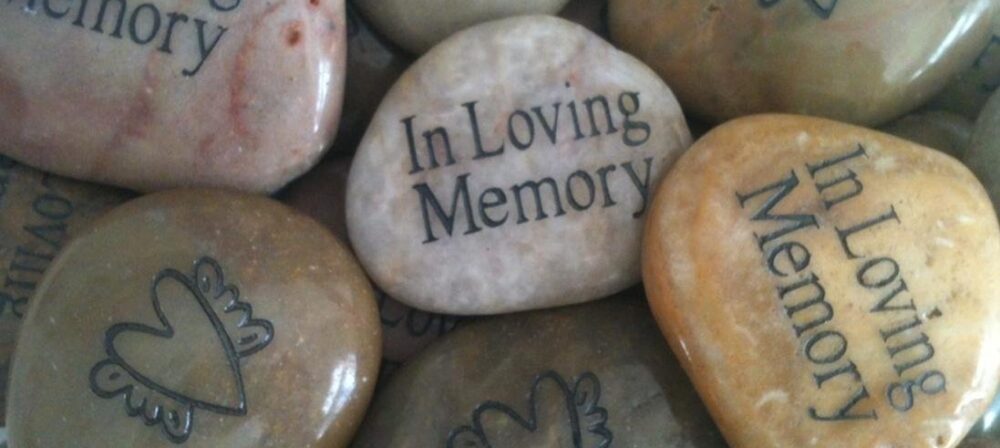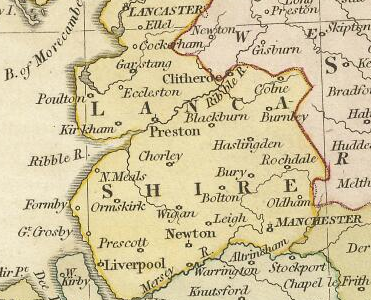Loss is an inevitable part of the human experience. Whether it’s the death of a loved one, the end of a significant relationship, or the loss of a cherished dream, we all encounter moments of profound grief and sorrow. In these times of darkness, we often find ourselves searching for solace – a glimmer of light amidst the overwhelming emotions. But does solace truly exist? In this blog, we will delve into the concept of solace, explore the impact of loss, discuss coping mechanisms, and examine the existence of solace in moments of profound sorrow.
Exploring the Concept of Solace
Solace can be defined as a source of comfort, consolation, or relief in times of distress or sadness. It is the gentle hand that reaches out to soothe a wounded soul, offering a sense of peace amidst the chaos. While some may argue that solace is merely an illusion, a temporary escape from the harsh realities of life, others believe it to be a genuine and transformative experience.
Understanding Loss and its Impact
Loss takes many forms and affects individuals in different ways. It can leave us feeling shattered, lost, and overwhelmed with grief. The impact of loss can be profound, often causing emotional, physical, and psychological distress. It is during these times that the search for solace becomes most urgent.
Loss is a deeply personal experience, and the grieving process is unique to each individual. It is important to acknowledge and honor the pain that accompanies loss, as suppressing or ignoring these emotions can impede the healing process.
The Search for Solace in Difficult Times
When faced with loss, the search for solace becomes a natural response. We seek moments of respite from the overwhelming sadness, a glimmer of hope amidst the darkness. Some find solace in solitude, taking time for introspection and self-reflection. Others may turn to nature, finding solace in the beauty and tranquility it offers.
Exploring various coping mechanisms and strategies can help individuals navigate the challenging terrain of grief. Engaging in activities such as journaling, meditation, or seeking professional help can provide a sense of solace and aid in the healing process.
Coping Mechanisms and Strategies
Coping mechanisms are personal strategies individuals employ to navigate the difficult emotions associated with loss. These mechanisms can vary widely, from engaging in creative outlets such as art or music, to seeking solace in the support of loved ones. It is important to find healthy coping mechanisms that provide comfort without causing harm.
While coping strategies can offer temporary relief, it is essential to remember that they do not erase the pain of loss. Rather, they provide a means of navigating the grieving process and finding solace along the way.
Seeking Support and Connection
In times of loss, seeking support and connection is crucial. Opening up to trusted friends, family members, or support groups can provide a sense of solace and understanding. Sharing our stories and experiences with others who have faced similar hardships can be immensely comforting, reminding us that we are not alone in our journey.
Connection with others plays a vital role in finding solace, as it allows us to share our burdens, gain different perspectives, and find strength in collective healing.
Finding Meaning and Purpose in Loss
While the pain of loss may seem insurmountable, many individuals find solace by finding meaning and purpose in their experiences. This process involves seeking lessons, growth, and transformation amidst the grief. It is through this search for meaning that solace can be found, as it allows us to construct a narrative that gives purpose to our suffering.
Finding meaning and purpose in loss is a deeply personal journey, with no one-size-fits-all approach. It may involve self-reflection, seeking professional guidance, or engaging in spiritual practices. Ultimately, it is about finding solace through the power of resilience and the belief that our pain can serve a greater purpose.
Examining the Existence of Solace in Loss
The existence of solace in loss is a topic of much contemplation and debate. While some argue that solace is purely subjective and transient, others believe that it is a profound and transformative experience that can bring healing and growth.
Examining the existence of solace in loss requires us to look beyond our own perspectives and embrace the diverse experiences of others. It requires open-mindedness, empathy, and a willingness to explore the nuances of grief. By doing so, we can gain a deeper understanding of solace and its potential to provide comfort in times of immense sorrow.
Personal Stories and Experiences
Personal stories and experiences offer a glimpse into the diverse ways in which individuals find solace in moments of loss. These narratives highlight the resilience of the human spirit and the capacity for healing even in the face of unimaginable pain. Sharing these stories not only offers solace to those who have experienced similar losses but also fosters a sense of connection and understanding amongst readers.
Conclusion
In conclusion, the search for solace in moments of loss is a deeply personal and complex journey. While the concept of solace may be subjective and its existence debated, it remains an essential aspect of the human experience. Whether found through introspection, connection with others, or the search for meaning, solace offers a glimmer of hope amidst the darkness of grief. May we continue to seek solace and find comfort in our shared humanity as we navigate the inevitable losses that life presents us.









